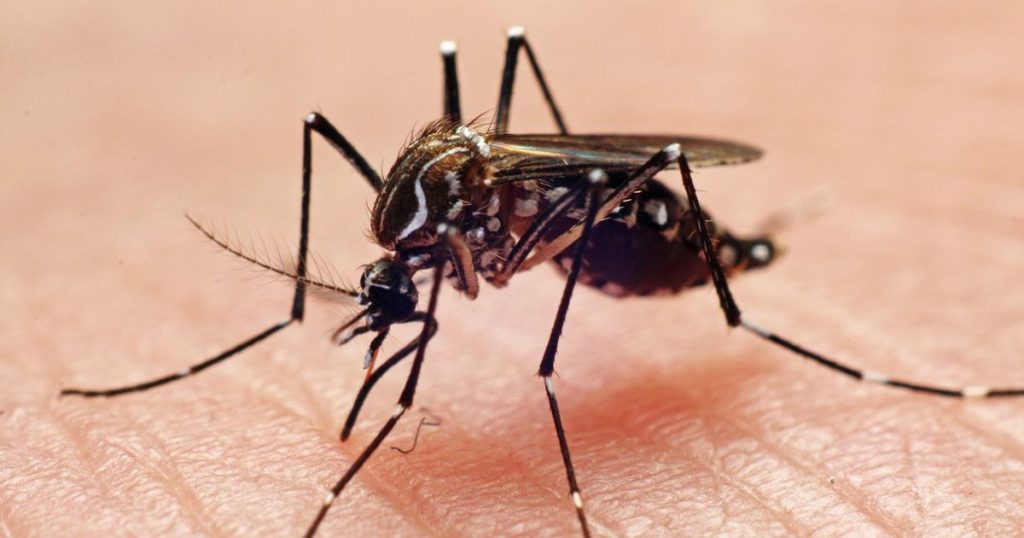The dengue virus can cause flu-like symptoms or more severe symptoms, like bleeding gums. It is spread through mosquitos. British holidaymakers were warned about “bone-breaker fever” on Ibiza, a popular Spanish island. Virologists fear the virus is spreading on the island, which usually occurs in tropical regions. The warning urged travelers from dengue-prevalent countries to protect themselves from mosquito bites for at least two weeks after arriving in Spain. The World Health Organization estimates 100 to 400 million people are infected with dengue each year.
The preventative measures aim to prevent the virus from transmitting to mosquitos during its contagious stage. The study suggested better and faster lab testing for dengue in European countries where travelers frequent hotspots to contain the spread. Recent cases of German tourists getting infected with dengue after visiting Ibiza prompted calls for increased detection of dengue cases. Symptomatic people should be aware of dengue’s symptoms, like high fever, headache, and joint pain. European countries known to have dengue include Croatia, France, Italy, and Portugal, but it is not found in the UK and cannot be spread person-to-person. Severe cases of dengue may result in tummy pain, bleeding gums and nose, fatigue, and blood in vomit or stool.
The dengue virus typically manifests its symptoms four to 10 days post-mosquito bite. Most people recover without medical treatment, but severe cases may arise with added symptoms like tummy pain, bleeding gums, and fatigue. Recent cases of German tourists contracting dengue after visiting Ibiza prompt a call for improved detection and awareness in Spain and other European countries. Symptoms of the virus include a severe headache, muscle and joint pain, and a rash. The study recommended travelers from dengue-risky areas to safeguard themselves against mosquito bites for at least two weeks after arriving in Spain to lower the risk of virus transmission.
Ibiza, a popular holiday destination for many Brits, has seen cases of dengue infection among tourists. The preventive warning issued by Spanish health authorities underscores the importance of immediate detection and containment. Symptoms like joint pain, muscle soreness, fever, and a rash characterize dengue infection. The study stresses the need for rapid identification of dengue cases in Spain and other European nations. Awareness campaigns and preventative measures are crucial to controlling the spread of dengue and safeguarding public health. It is essential for travelers, especially from dengue-prevalent areas, to take precautions to prevent mosquito bites and reduce the risk of contracting the virus.
The dengue virus can have mild symptoms like flu but can also lead to severe issues such as bleeding gums and fatigue if left untreated. Holidaymakers in Spain should be vigilant about protecting themselves from mosquito bites to prevent virus transmission. European countries known for dengue outbreaks should focus on rapid lab testing and enhanced surveillance to curb the spread. It is crucial for people to recognize the symptoms of dengue and seek medical help promptly if they suspect an infection. Maintaining hygiene, wearing appropriate clothing, and using mosquito repellents can also help in preventing dengue transmission. The findings from the study emphasize the need for proactive measures to address the potential threat posed by the dengue virus on holidaymakers and residents in affected areas.


